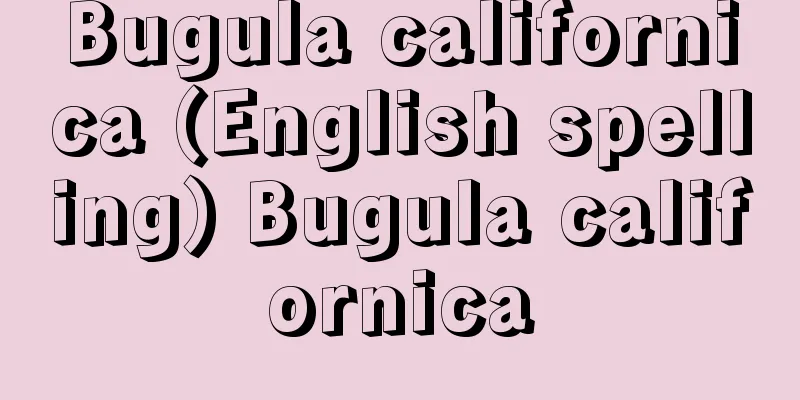Berkeley, George

|
Born: March 12, 1685, Kilkenny Died January 14, 1753. British philosopher and clergyman in Oxford. Entered Trinity College, Dublin in 1700, and became a researcher there from 1707. Wrote Essays towards a New Theory of Vision (1709) and his major work A Treatise concerning the Principles of Human Knowledge (10). In 1713 he went to London, where he associated with J. Swift and A. Pope, and studied twice in France and Italy, before returning to Dublin in 1721. In 1729 he traveled to the New World to establish a university in Bermuda for the education of colonists and North American natives, but failed and returned to the United States in 1731. In 1734 he became the director of Cloyne, where he devoted himself to writing and pastoral care. Although his ideas were not widely accepted in his time, after his death they left a strong legacy in the Scottish School (→ common sense philosophy), D. Hume, J. S. Mill, and even in 20th century empiricism. Berkeley |
|
[生]1685.3.12. キルケニー [没]1753.1.14. オックスフォード イギリスの哲学者,聖職者。 1700年ダブリンのトリニティ・カレッジに入り,07年以後同カレッジ研究員。『視覚新論』 Essays towards a New Theory of Vision (1709) や主著となった『人知原理論』A Treatise concerning the Principles of Human Knowledge (10) を著わした。 13年ロンドンに出て,J.スウィフト,A.ポープらと交わり,2度にわたってフランス,イタリアなどに遊学し,21年ダブリンに帰った。 29年植民者と北アメリカ先住民の教化のための大学をバミューダに設立すべく新大陸に渡ったが失敗して 31年帰国。 34年クロインの監督となり,著述と司牧に専念した。彼の思想は同時代には多くの賛同を得なかったが,死後にスコットランド学派 (→常識哲学 ) や D.ヒューム,J.S.ミルを経て 20世紀の経験論にまで大きな系譜を残している。 バークリー
|
Recommend
Individual - Individual
...Most of them are thrillers and melodramas. (4)...
Passing through
The title of a Japanese song. It is based on a chi...
Decision making
Choosing the most optimal action from among possib...
Kyoto Gakushuin
...Its origins lie in the school built in front o...
Populaire European Party (English)
...On the other hand, in Latin America, Christian...
Pangolin (Chun Shan Jia) - Pangolin (English spelling)
A general term for mammals belonging to the Squama...
White, J.
…It is a valuable source of information about the...
Kilogram - kilogramme (English spelling) French
The base unit of mass in the metric system and th...
"The Chronicles of the Nine Dynasties" - Kyūchōkijihonmatsu
…Yuan Shu invented the third style, the Chronicle...
Karavelov, Lyuben
Born: 1834. Koprivshtitsa [Died] January 21, 1879....
Immigration quotas - quota laws
…Immigration restrictions on Asians and Africans ...
Pinel, Philippe
Born: April 20, 1745 in Saint-André Died October 2...
Baroque
An art style that was popular from the end of the ...
Shomuzata - affairs
A legal term used in the Kamakura Shogunate, refe...
Shell model
...First, the liquid drop model was proposed, whi...









